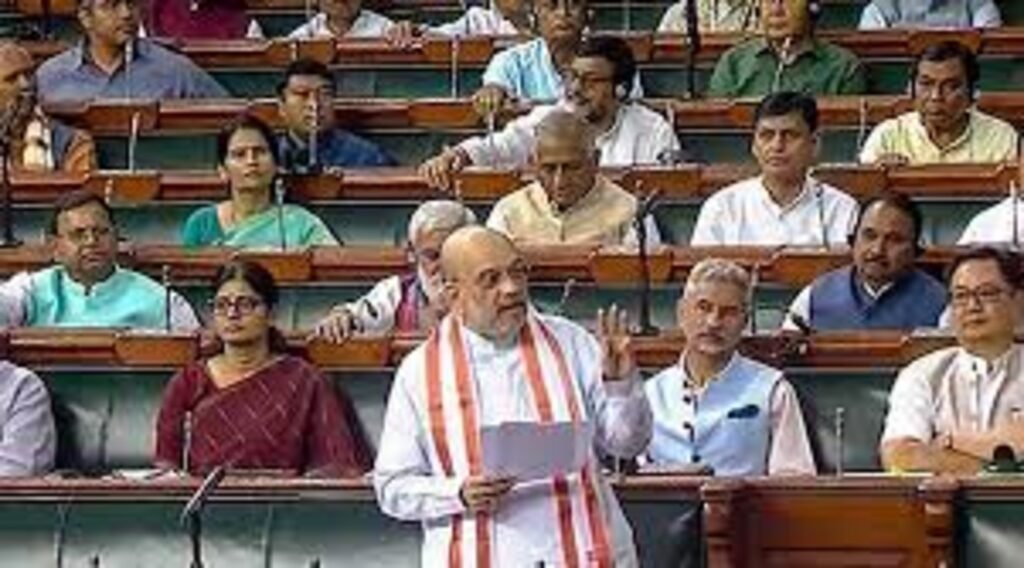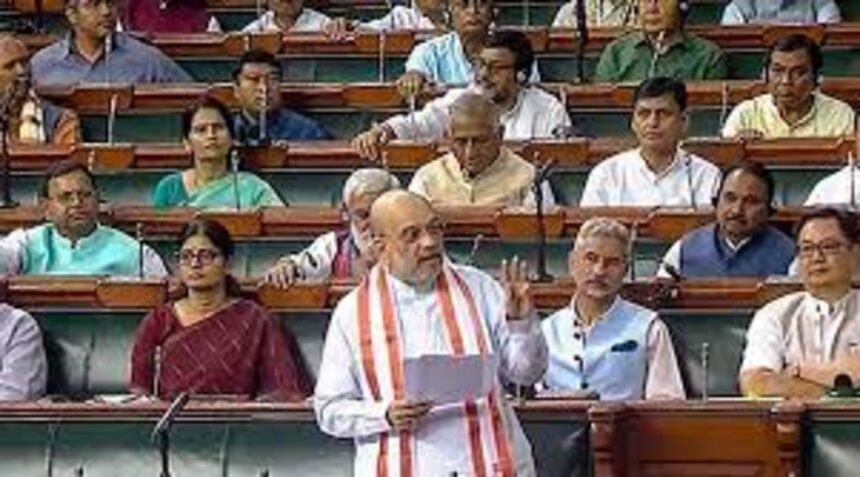Introduction
In a historic move aimed at ushering in a new era of justice and accountability, the Indian government has unveiled a comprehensive overhaul of the country’s colonial-era criminal laws. With a focus on addressing heinous crimes such as mob lynching, rape of minors, and offences against the state, these changes are poised to reshape the legal landscape and create a stronger foundation for safeguarding the rights of Indian citizens.

Under the leadership of Union Home Minister Amit Shah, three groundbreaking bills have been introduced. The Bharatiya Nyaya Sanhita will replace the antiquated Indian Penal Code of 1860. The Bharatiya Nagarik Suraksha Sanhita is set to replace the Code of Criminal Procedure and the Bharatiya Sakshya. This will supersede the Indian Evidence Act. This holistic approach ensures a modern and robust legal framework that resonates with the values and aspirations of Indian society in the 21st century.
One of the pivotal changes involves the introduction of a new offence aimed at preserving the unity and integrity of India. This offense targets acts of secession, armed rebellion, subversive activities, and separatist endeavors that endanger the sovereignty of the nation. Through Section 150, the government has clearly delineated the boundaries of free speech. By emphasizing that while constructive criticism is encouraged, any attempt to incite or promote activities detrimental to the nation’s unity will be met with strict penalties.
Reasons for the change
A notable shift is the repeal of the sedition law, which has long been a subject of debate and criticism for its potential misuse to stifle dissent.
The new legislation replaces it with a more nuanced provision in Section 150. This will ensure that citizens have the right to express disapproval of government actions. That too without fear of prosecution, as long as it is done lawfully and without inciting harmful activities.
This reform places a strong emphasis on crimes against women, children, and the state. By prioritizing these offenses, the government has demonstrated a commitment to creating a safer environment for vulnerable sections of society. The inclusion of community service as a punishment for petty offences. It promotes a restorative approach to justice, encouraging offenders to actively contribute to society’s betterment.
The proposed changes also highlight the importance of technological advancements. The introduction of E-FIRs (Electronic First Information Reports) and videography of search and challan processes enhance transparency and accountability. Along with ensuring that the legal system operates with efficiency and accuracy. Additionally, the provision of trying individuals in absentia aims to curb the practice of evading arrest and delays in justice.
Gender neutral stance
A significant aspect of the revamped laws is their gender-neutral stance. This ensures that justice is blind to gender, granting equal protection and rights to all citizens. The creation of new offences related to organized crime and terrorist acts reflects the government’s resolve to tackle these critical issues head-on.
Crucially, the retention of the death penalty and enhanced punishments for various offences underscores the government’s commitment to deter heinous crimes and maintain a sense of justice for victims and their families.
As Union Home Minister Amit Shah stated, this overhaul isn’t just about punishment; it’s about creating a sentiment that discourages criminal behavior. The shift from punitive measures to a focus on justice reflects a broader societal shift towards a more humane and balanced legal system.
Conclusion
With these groundbreaking changes.
India is set a precedent for modernizing its legal framework. By ensuring that the rule of law remains a steadfast pillar of its democratic ethos. As the nation embraces a new era of justice. The harmony between accountability and the protection of citizens’ rights will undoubtedly shape the trajectory of Indian society for years to come.






